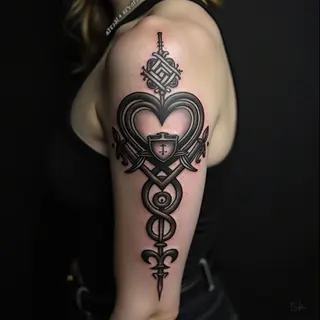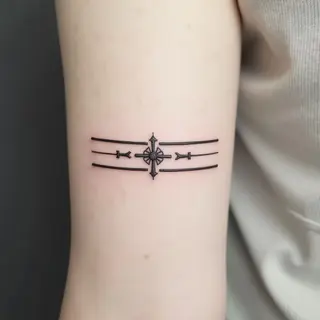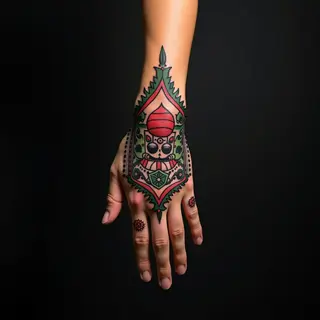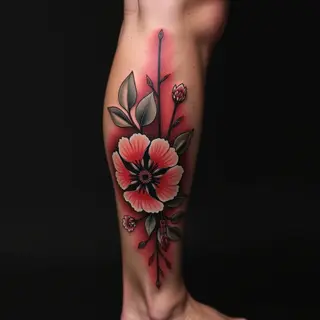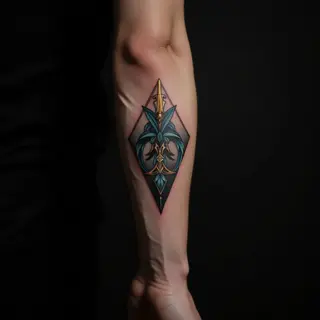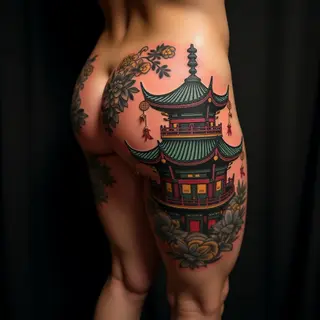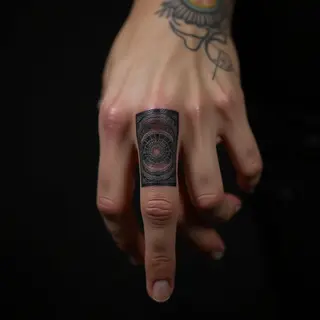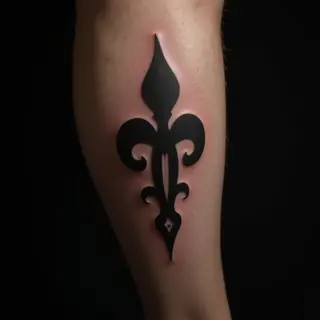Japanese Tattooing: A Spiritual Conduit and Cultural Storyteller
Within the venerable tradition of irezumi, Japanese tattooing transcends mere aesthetics; it becomes a powerful conduit for spirituality and cultural storytelling. Each design—the soaring dragon, the resilient koi fish, the ephemeral cherry blossom—is laden with layers of meaning rooted in Buddhist teachings, Shinto beliefs, folklore, and personal narratives.
Symbolic Meaning
- Dragon: representing strength, wisdom, and good fortune, embodies the power to overcome adversity.
- Koi: persevering against the current to become a carp, symbolizes courage, determination, and transformation.
- Cherry Blossoms (sakura): fleeting emblems of beauty and mortality, remind us of life’s impermanence.
Placement and Significance
The placement of these symbols is equally significant, often reflecting one's personal journey or aspirations. Wind bars (fūjin) can represent protection and guidance.
Traditional Artists
Traditional irezumi artists are not simply decorators; they are custodians of cultural heritage, imbuing each tattoo with reverence and respect for ancient traditions.
Application Process
The application process, often employing the laborious tebori technique, further elevates the experience to a meditative practice.
Spiritual Significance
The spiritual significance of irezumi continues to resonate deeply within Japanese culture, serving as a visible manifestation of personal beliefs and ancestral connections.

